In my research with immigration enforcement officers in the UK, they have shared the dilemmas that they face, particularly in relation to the detention of children and families but also in relation to the very nature of coercion in the context of migration. While coercion feels to them much easier to use in the context of a criminal, someone who causes harm – a murderer, a rapist – it is much more difficult for them to detain someone who is in the country for a better life, seeking better opportunities, and the only grounds for that detention being not having the right papers.
Moral dilemmas at the borders
Professor of Law
- Border workers face profound moral dilemmas due to conflicts between enforcing strict migration policies and providing humanitarian assistance to vulnerable individuals.
- We need to remember that the central Mediterranean is the most lethal point in the world.
- Immigration enforcement is seen by police as a "magic" or "dark art" due to its unpredictability, arbitrariness and effectiveness in resolving recurrent criminal issues.
- Humanitarianism from below emphasizes the ethical reflections and moral agency of individual border workers navigating contradictions in border policies.
Border workers’ challenges
Border workers face significant moral challenges in terms of the work that they do, particularly in terms of the exercise of violence. The exercise of violence in the context of migration is very problematic and is not only problematic for researchers or advocates of migrant rights but also for those who are at the front lines.
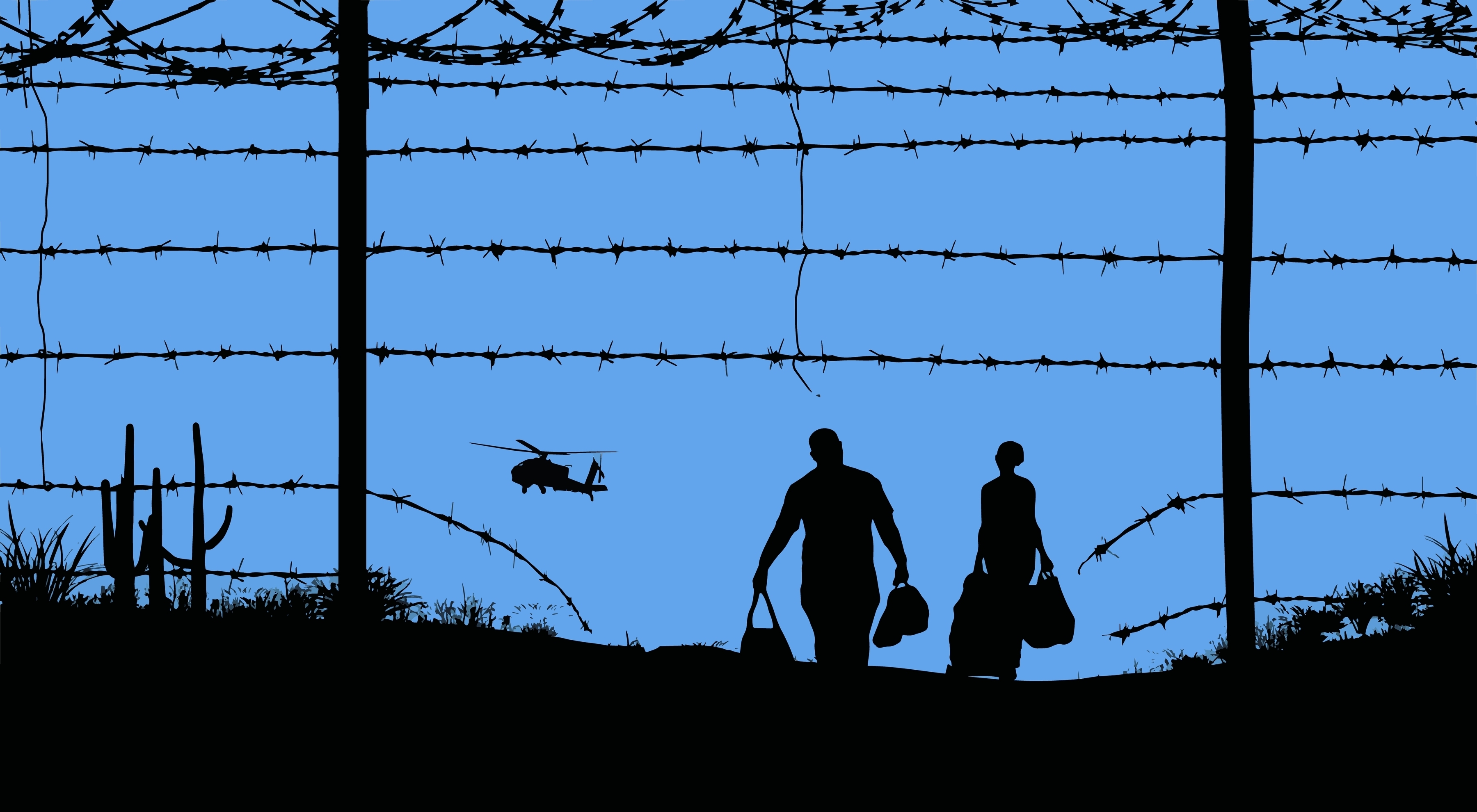
© Shutterstock
Europe: the most lethal point in the world
Frontex is a European agency that patrols and controls the external borders of Europe and is formed of police officers from European states. It has a quite unique institutional composition and mandate, because Frontex is not only related to control but increasingly takes up search and rescue operations at sea. We need to remember that the central Mediterranean is the most lethal point in the world.
It is the site where more drownings, particularly, have been counted, and so Frontex increasingly has included in its mandate the function of saving lives at sea and that human rights aspect, which, in a way, links back to the politics of migration, because this is a very politically charged area of public policy.
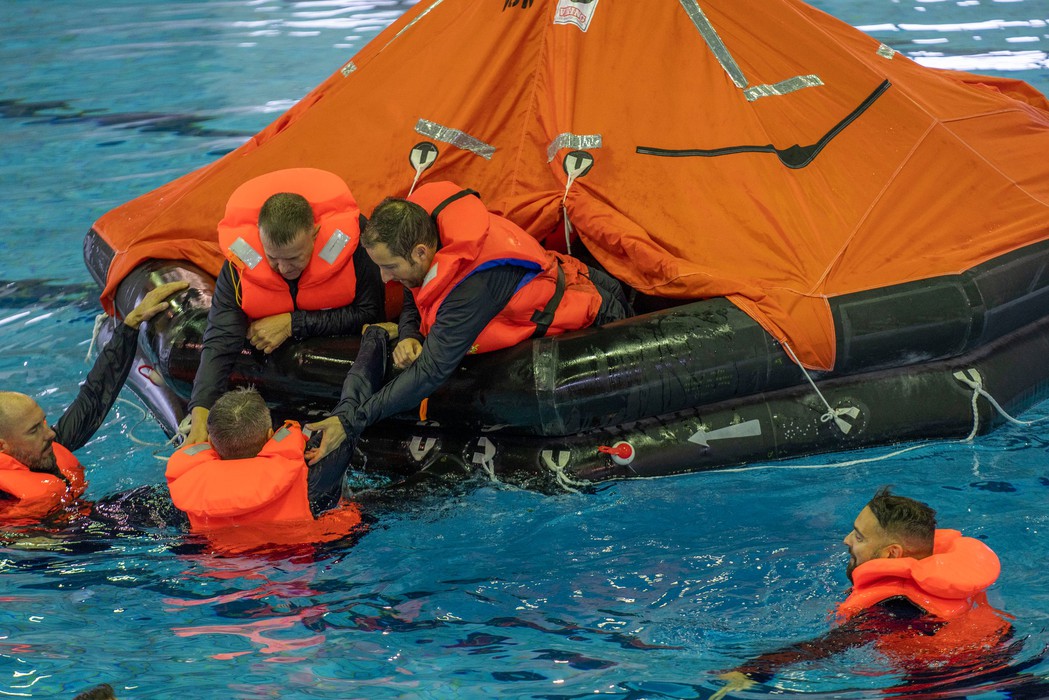
© Frontex
There is a moral and ethical underpinning to these discourses. We are talking about people who are migrating from generally poor countries, from global south countries to the global north, and are being criminalized and treated as criminals – as illegal, for that matter. There is a range of ethical questions about the role of, for instance, the European Union and Europe, which have traditionally depicted themselves as the guardian of human rights, as this site of the birth of liberal democracies. We are increasingly seeing that discourses of control and punitiveness are intertwined with human rights and humanitarian discourses.
Immigration enforcement “magic”
When I was conducting research in police custody in the UK, a number of police officers talked about the magic of migration. That really caught my attention, so I started to explore a little bit more what that magic consists of. I must also mention that in some police custodies in the UK, immigration officers are located on-site to check and identify people without the right papers and channel them through the immigration system for potential detention and deportation. What police officers refer to when they talk about immigration magic is this idea that immigration really does not follow the same strict rules and laws that police officers follow and is very much what they call a dark art. This is something that they spoke about in a negative sense, in terms of the uncertainty, the randomness, the hazardous nature of immigration controls but also the positive way in which, because of this unpredictability, because of that arbitrariness that underpins migration powers, police problems could be resolved more effectively.
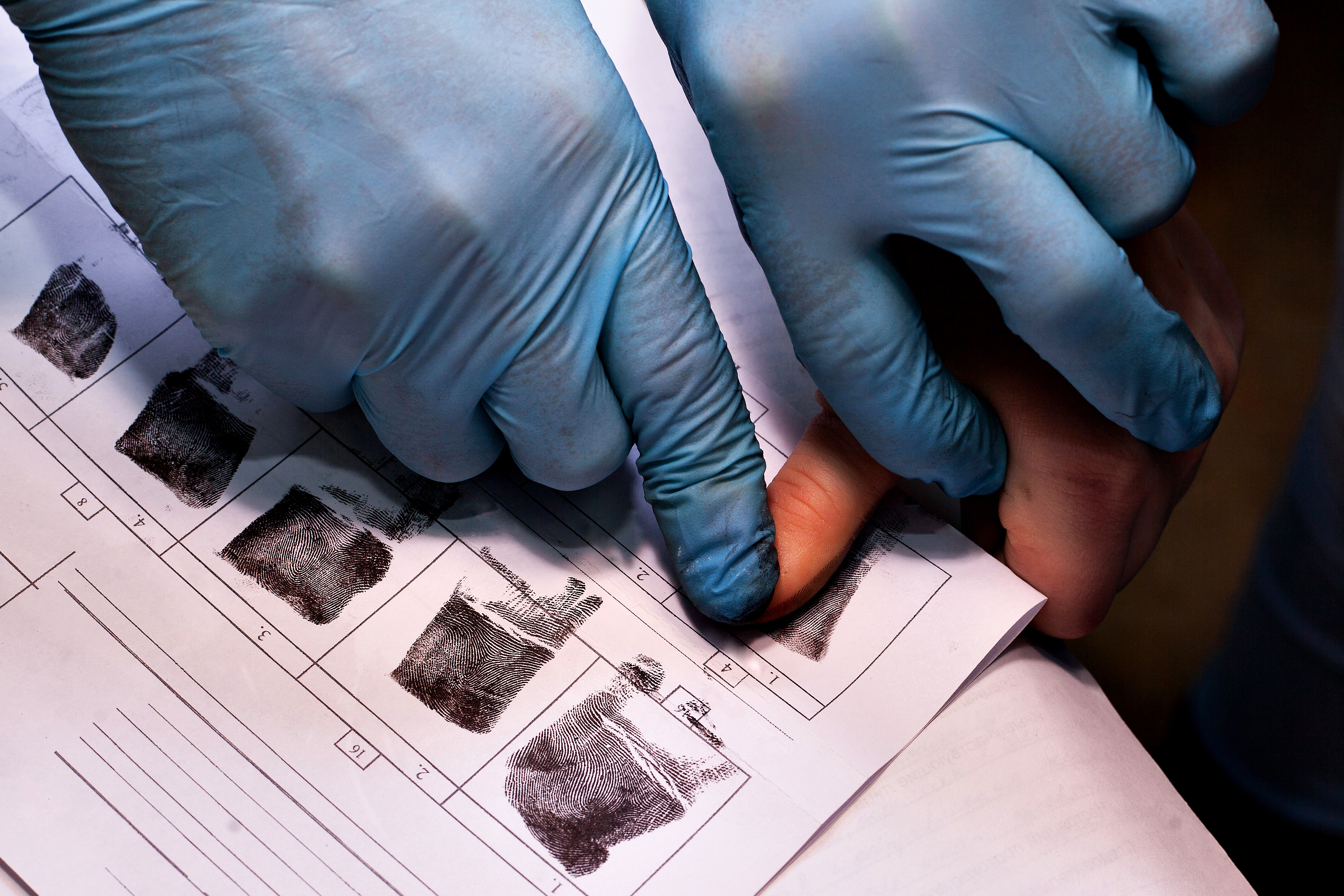
© Shutterstock
I will give you an example of someone who is a repeat offender, who is in and out of a police cell: suddenly immigration comes and realizes that that person has no papers, no leave to remain in the UK and could be removed from the UK instead of following the criminal process of prosecution, detention, imprisonment and repeating the same cycle. Many police officers appeal to immigration powers because of that level of effectiveness in dealing with problem people.
“Humanitarianism from below”
We came up with this concept of humanitarianism from below, which, in a sense, differs from the idea of humanitarianism as a form of politics, as a form of discourse, as something that comes from the top, from above, as something that appears in policy, in laws. In many ways, it is a legitimizing discourse of very problematic policies, sometimes in the context of border control.
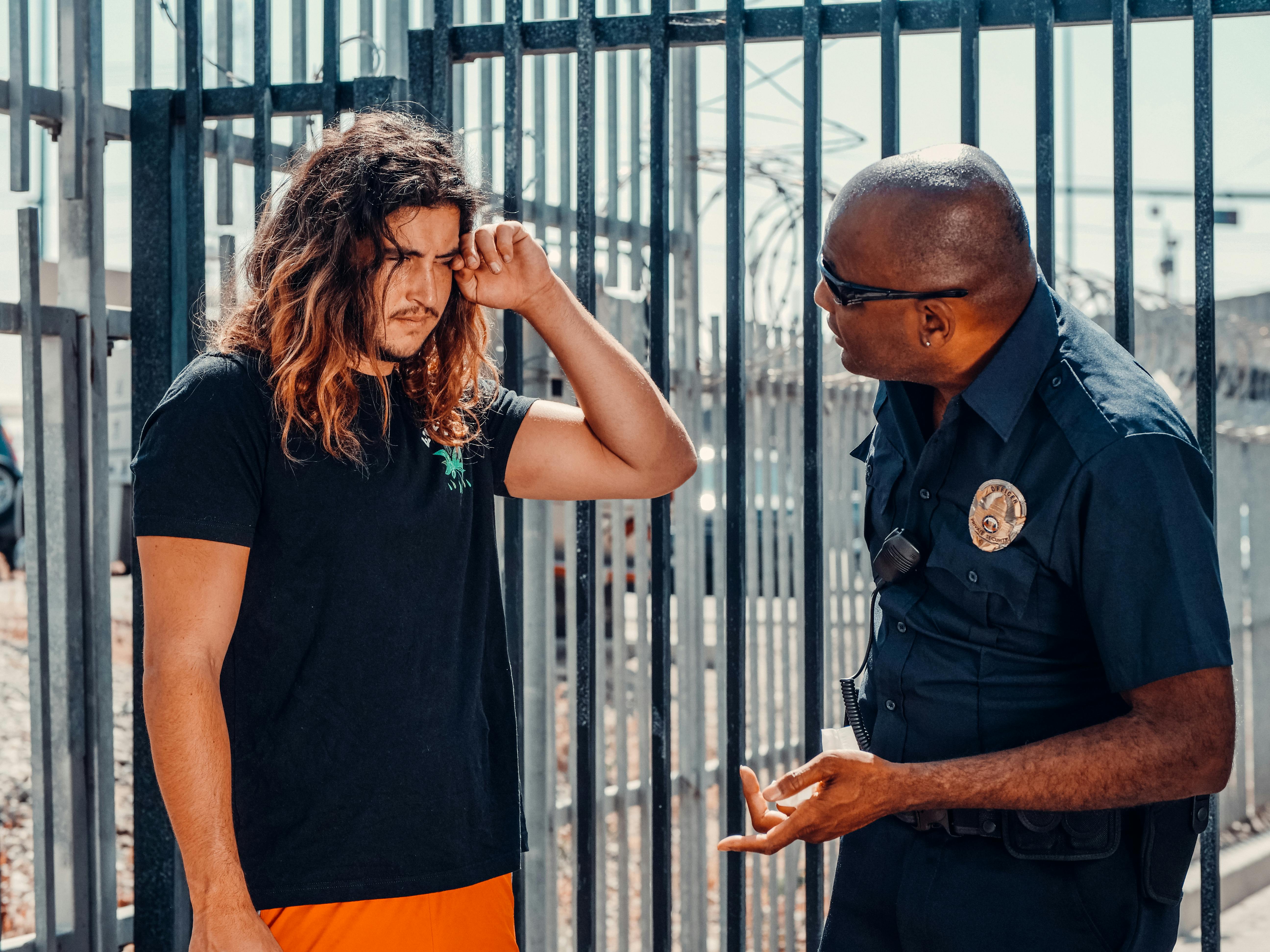
© Pexels
How the perspective of border workers enriches this idea of humanitarianism that has been criticized by border scholars is in appreciating how particular border policies, humanitarian policies, are enacted on the ground, and how that kind of ground level exercise creates tensions and contradictions between control and protection. It is also in how individual border workers deal with those contradictions. I think the idea of humanitarianism from below brings the moral reflection and moral agency of the people actually doing border work.
Conflicting roles
What many officers talk about is the conflicting legal functions, roles and demands that they need to adopt, for instance, in terms of helping someone who is meant to be pushed out, who is meant to not be allowed in. How do you square the fact that someone who is regarded as an illegal alien needs medical attention, food and shelter?
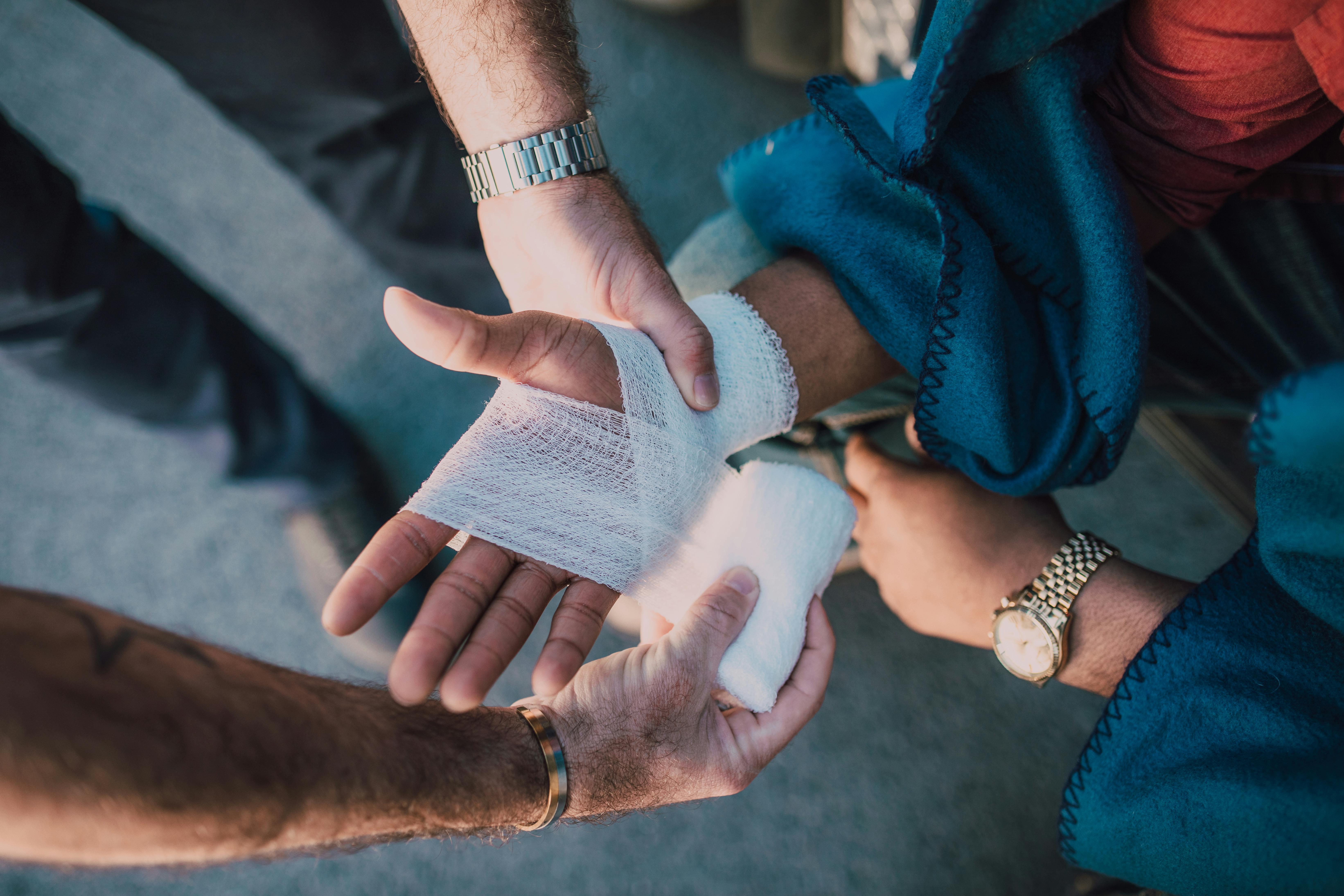
© Pexels
Many of the police officers we interviewed repeatedly suggested that tension made them reflect on their function. I think those reflections, although not well articulated in terms of policy change, are important as critiques from within, not just from the outside. I think both critiques are important, but what I have been looking at is that resistance to taking on a punitive and a controlling function to which the increased securitization of borders pushes these officers.
Moral dilemmas
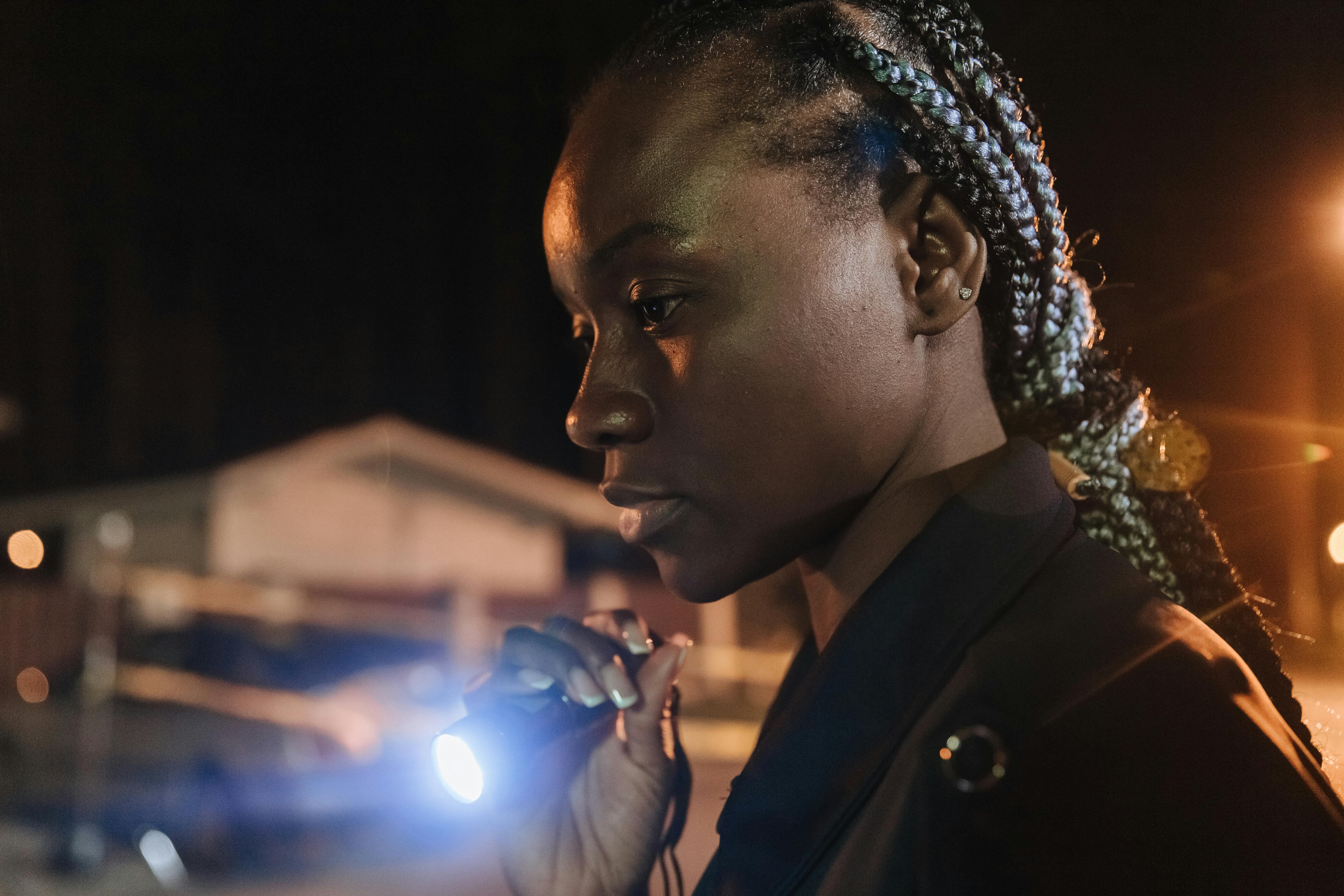
© Pexels
It is important to think about the moral dilemmas that officers face in their everyday work that question the politics from above, which legitimize and try to justify the function of borders and migration controls in terms of counterterrorism, security, etc., which are very distant from the ground-level work that these officers are doing.
Border control misconceptions
The main misconception in relation to policing and border policing in particular is this idea of the work that they do, that it is this macho posturing of force very distanced from the reality of immigration control work – particularly in the context of the UK, where migration officers are not armed with guns. They are armed with batons, but physical violence is a very rare aspect of their everyday work, which does not mean there is not a lot of violence (symbolic violence and material violence) in the work that they do. I think the place of violence is much more nuanced in terms of how they perceive their work, not as this straightforward remit and mandate but as a much more complicated and ambivalent relation to violence in this context.
Editor’s note: This article has been faithfully transcribed from the original interview filmed with the author, and carefully edited and proofread. Edit date: 2025
Discover more about
border policing and ethical dilemmas
Aliverti, A. (2021). Policing the borders within: Immigration law enforcement and the politics of interior control. Oxford University Press.
Aliverti, A. (2015). Enlisting the public in the policing of immigration. British Journal of Criminology, 55(2), 215–230
Aliverti, A. (2023). Storytelling and magic: Meaning making in immigration policing. International Journal for Crime, Justice and Social Democracy, 12(2), 25–35.
Aliverti, A. (2021). Manufacturing obedience: Coercion and authority in border controls. Punishment & Society, 23(1), 3–21.
Aliverti, A., Dufraix Tapia, R., Ramos Rodríguez, R., Tapia Ladino, M., & García España, E. (2025). Humanitarianism from below: Border police, professional identities and moral dilemmas. The British Journal of Criminology.